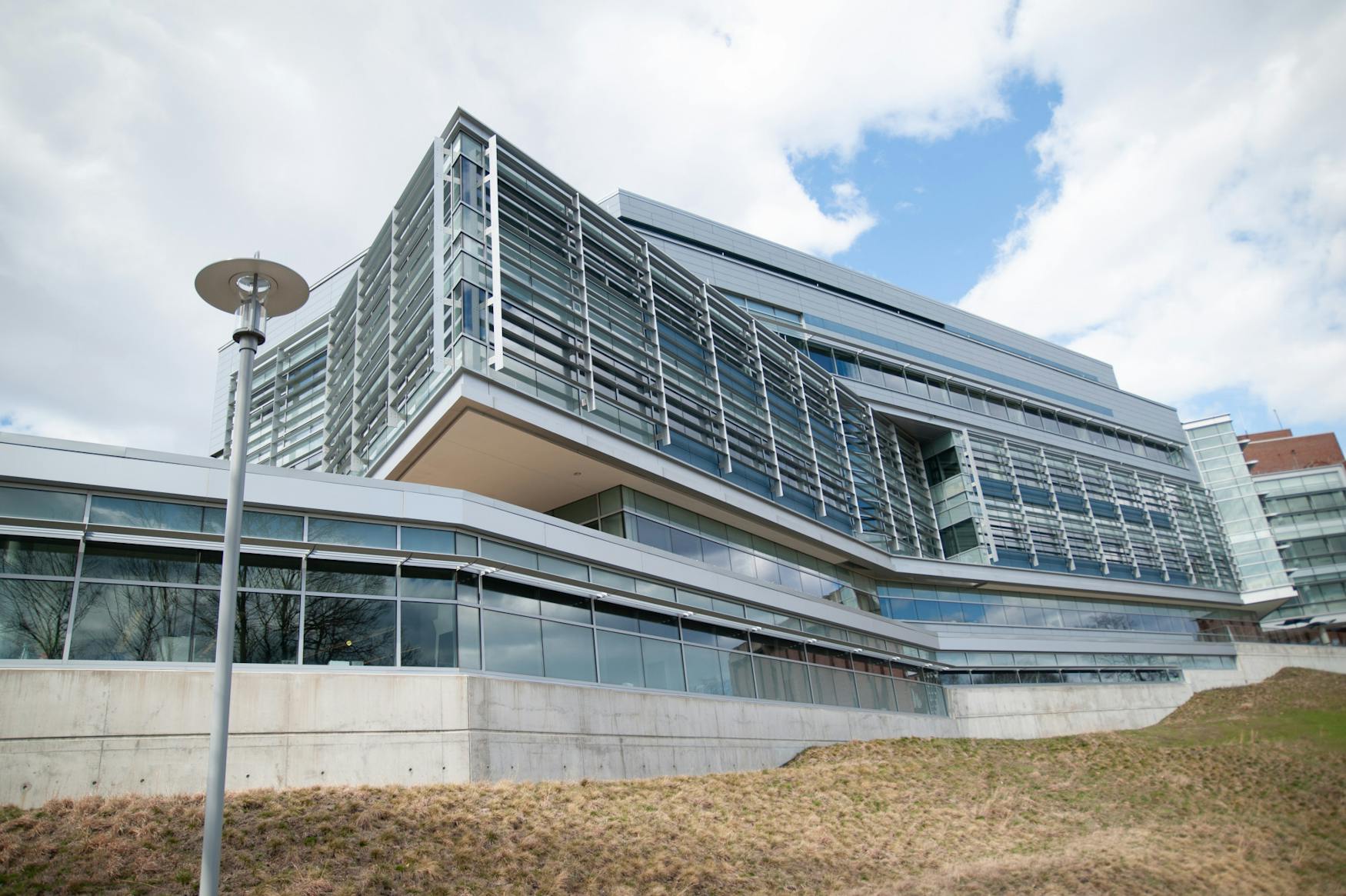Brandeis’ financial state remains uncertain, amid budget cuts
In response to President Liebowitz’s recent email expressing financial concerns, The Justice seeks clarity.
On Thursday, March 14, students received an email from University President Ronald Liebowitz which detailed the recent financial situation that Brandeis has found itself in. Liebowitz, along with Provost Carol Fierke and Vice President of Finance and Administration Stew Uretsky wrote that Brandeis is facing short and long term financial shortfall, so they must address the unanticipated budget cuts. The University is making four specific changes: temporarily increasing spending from Brandeis’ endowment, delaying merit increases until Fall 2024, pausing Science 2A construction to build a new dormitory, and more carefully considering filling staff and faculty positions that are not externally funded. Deans and Vice Presidents are making their academic decisions based on the financial updates.
In a March 25 interview with The Justice, Philosophy department chair Prof. Kate Moran said that announcements about financial cuts are similar to the financial crisis in 2008 and following COVID-19. To save up, the administration has decided to delay the annual staff performance review and merit increases. Each year, the faculty reviews the scholarship of faculty members and then faculty members earn merit increases. There is a similar process for Brandeis University staff members. Per the email, the delay of the merit increases aims to allow the university to meet its goals of greater financial sustainability.
As for the new dormitory announcement, the Brandeis Department of Community Living has not finalized plans for construction. In a request for input on dorm construction plans, Timothy Touchette stated, “It will take some time before plans are developed and finalized. I do not have any information to share at the moment.” Based on the March 14 email, the University seeks to upgrade residential spaces because they know it is “an area that [they] need to enhance as competition for students grows more intense.” The email communicates the administration’s decision to focus on students’ academic and social experiences, thus postponing the construction of Science 2A.
On an academic level, Brandeis Deans and Vice Presidents are leading their departments in conversations to accommodate for recent unprecedented budget cuts and decline in graduate student enrollments. The restructuring of curriculum and departmental offerings, as well as undergraduate research opportunities, will be an ongoing process, Dean of the School of Arts and Sciences Jeffrey Shoulson, shared in a March 20 interview with The Justice. The decision to restructure academic departments occurred after the schedule of class offerings was already set in stone. Shoulson leads conversations with division heads and program chairs about how to efficiently adhere to student academic interests and cooperate with the financial updates. In the School of Arts and Sciences, there are 260 tenured faculty with 230 off the tenure stream, according to Shoulson. The administration has been trying to create new majors based off of student interests, but Brandeis has had to make cuts. Although the School of Arts and Sciences does not yet have a clear plan for how they plan to deal with budget cuts, Shoulson that said he is pleased to be having these challenging, but necessary conversations.
Moran said there has always been a sense that Brandeis tries to do a lot with limited resources. She went on to say that it is hard to be competitive and have enough money to support academic programs, undergraduate research, athletics and student life. In the spirit of saving money, Moran reported that the University is not granting a lot of hires for the 2024-25 school year. In order to hire new faculty, departments must make a strong case for why a new faculty member would be beneficial. The plans for maintaining financial longevity are meant to benefit students’ academic experiences at Brandeis. According to Moran, professors at Brandeis are simultaneously very active in research and great teachers. In implementing the new financial plans, Brandeis will maintain its academic prestige to compete with other universities for enrollment and for the sake of academia itself. The University’s policies on hiring faculty and prioritizing undergraduate research experiences, as Shoulson said, aims to meet its goal of academic excellence.
Brandeis will continue to adhere to its values of strong liberal arts, a deep and wide range of disciplinary approaches and career preparation, according to Shoulson. In the School of Arts and Sciences, Shoulson said that in developing new curriculum and in conversations about budget cutting, the faculty departments are informed by an inclusive and strong vision about what the University should be doing to enhance the student experience in a well-rounded way. A plan for implementing more inclusive and rich student experiences will inform budget cutting in the Arts and Sciences, according to Shoulson. As the University adjusts financial plans in the future, administration will communicate the changes to students, faculty, and staff.



Please note All comments are eligible for publication in The Justice.